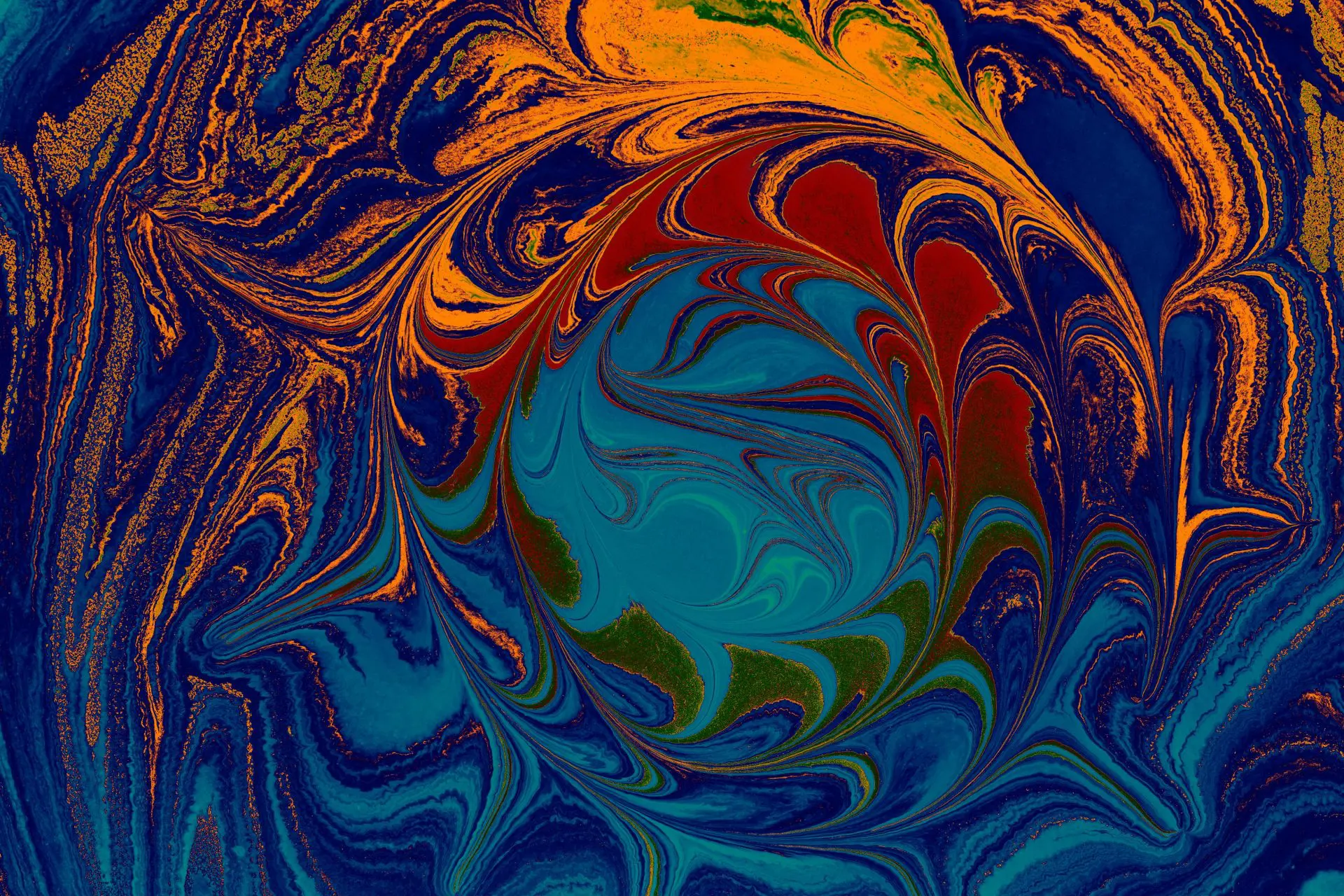States of Awareness: Altered Consciousness Explored

Looking for more amazing products? Check out our online store and explore our collection here! Happy shopping!
Before diving in, please note: This post is for informational purposes only. If you’d like to know more about how we approach topics, feel free to check out our friendly Disclaimer Page.
Hey there, amazing readers! 
We’re committed to delivering quality posts, and your support (even just sticking around despite the ads) means everything to us. So, bear with us, and thanks for helping us keep the good vibes rolling. Now, on to the fun stuff!
TRANSLATE BUTTON AT THE END OF THE ARTICLE
Overview
States of awareness refer to altered states of consciousness, where an individual’s perception and experience of reality deviate from the ordinary waking state.
These altered states can be induced through various means such as meditation, hypnosis, psychedelic substances, or even naturally occurring events like sleep and dreams.
This article explores the science behind altered states of awareness, delves into the different levels of consciousness, examines the effects, causes, benefits, and risks, and provides techniques for inducing and recognizing these states.
It also investigates the spiritual dimensions and psychological health implications of altered consciousness, as well as promising research and future directions in this fascinating field.
The Science of Altered States of Awareness
Altered states of awareness have intrigued scientists for centuries, and recent advancements in neuroscience have shed light on the underlying mechanisms.
Studies using brain imaging techniques, such as functional magnetic resonance imaging (fMRI) and electroencephalography (EEG), have shown that different regions of the brain are involved in altered states.
For example, during deep meditation or hypnosis, the prefrontal cortex, responsible for executive functions and self-awareness, becomes less active, while the default mode network, associated with mind-wandering and daydreaming, becomes more active.
Understanding the Different Levels of Consciousness
Consciousness exists on a spectrum, ranging from the fully awake and alert state to deep sleep.
Altered states of awareness can be classified into several levels, each with distinct characteristics.
The first level is the ordinary waking state, where we are fully aware of our surroundings.
The second level includes relaxation and meditation, where individuals experience a heightened sense of peace and tranquility.
The third level comprises hypnosis and trance-like states, where suggestibility and increased focus are observed.
Finally, the deepest level includes comatose states, deep sleep, and anesthesia, where consciousness is temporarily suspended.
Exploring the Effects of Altered Consciousness
Altered states of awareness can have profound effects on perception, cognition, and emotions.
For example, individuals in deep meditation often report a sense of interconnectedness with the world and heightened self-awareness.
Similarly, psychedelic substances like psilocybin and LSD can induce profound perceptual changes, including vivid hallucinations and altered time perception.
These altered states can provide unique insights, creative inspiration, and even spiritual experiences for some individuals.
Common Causes and Triggers of Altered States
Various factors can trigger altered states of awareness.
Meditation, practiced for centuries in different cultures, is a well-known method for inducing altered consciousness.
Other techniques, such as breathwork, sensory deprivation, and drumming, can also alter consciousness.
Additionally, certain substances like hallucinogens, cannabis, or even certain legal medications can induce altered states.
Moreover, natural events like sleep, dreams, and near-death experiences can also lead to altered states of awareness.
Examining the Benefits and Risks of Altered Consciousness
Altered states of awareness can offer several benefits, including stress reduction, enhanced creativity, and personal growth.
Research suggests that meditation and mindfulness practices can improve overall well-being and mental health.
However, it is important to note that altered states can also carry risks.
For example, some individuals may experience anxiety, panic, or hallucinations in altered states induced by substances.
Additionally, altered consciousness can impair judgment and decision-making, making it crucial to approach these states responsibly and with proper guidance.
Techniques for Inducing Altered States of Awareness
Various techniques can be employed to induce altered states of awareness.
Meditation, practiced in different forms across cultures, involves focusing attention and quieting the mind to enter a state of deep relaxation and heightened awareness.
Hypnosis, often used for therapeutic purposes, induces an altered state through suggestion and focused attention.
Explore the Path to Spirituality and Enlightenment – Start Here.
Breathwork techniques, such as holotropic breathing, utilize controlled breathing patterns to induce altered states.
Additionally, some individuals use entheogenic substances like ayahuasca or peyote under the guidance of experienced facilitators to explore altered states.
Recognizing and Interpreting Altered Consciousness
Recognizing an altered state of consciousness can be challenging, as the experience is subjective and can vary greatly across individuals.
However, common signs include changes in perception, altered time perception, heightened sensory experiences, and shifts in emotions.
It is essential to interpret these experiences within the individual’s cultural, psychological, and personal context.
Seeking guidance from experienced practitioners or therapists can be beneficial in making sense of and integrating these experiences into daily life.
Investigating the Spiritual Dimensions of Altered States
Altered states of awareness have long been associated with spiritual and mystical experiences.
Many religious and spiritual traditions incorporate practices that induce altered consciousness, such as chanting, prayer, and ritualistic dance.
These practices are believed to facilitate a connection with a higher power, foster self-transcendence, and provide a deeper understanding of the self and the universe.
The exploration of altered states can thus offer individuals a sense of meaning, purpose, and spiritual growth.
The Role of Altered Consciousness in Psychological Health
Altered states of awareness also play a role in psychological health and therapy.
Some therapeutic approaches, like Eye Movement Desensitization and Reprocessing (EMDR), utilize altered states to facilitate the processing and resolution of traumatic memories.
Similarly, psychedelic-assisted therapy, in conjunction with trained professionals, has shown promise in treating conditions such as post-traumatic stress disorder (PTSD) and depression.
However, further research is needed to fully understand the therapeutic potential and implementation of altered states in mental health treatment.
Promising Research and Future Directions
The study of altered states of awareness continues to evolve, and promising research is being conducted in various fields.
Neuroscientists are exploring the neural correlates of altered states using advanced brain imaging techniques.
Psychologists are investigating the therapeutic potential of altered states for mental health conditions.
Ethnobotanists are studying plant-based medicines and their role in inducing altered consciousness.
Furthermore, advancements in virtual reality technology hold potential for creating controlled and safe environments to induce altered states.
As research progresses, a deeper understanding of altered consciousness may emerge, leading to innovative treatments, improved well-being, and a better understanding of the human mind.
Conclusion
Altered states of awareness offer a fascinating realm for exploration and understanding the depths of human consciousness.
From the scientific study of brain activity to the spiritual and therapeutic applications, these states provide a unique lens to perceive reality.
While altered consciousness can provide profound insights and benefits, it is crucial to approach these states responsibly, respecting the potential risks and seeking proper guidance when necessary.
With ongoing research and advancements in various fields, the future holds exciting possibilities for harnessing the potential of altered states of awareness for personal growth, mental health, and our collective understanding of the human experience.

The Enlightenment Journey is a remarkable collection of writings authored by a distinguished group of experts in the fields of spirituality, new age, and esoteric knowledge.
This anthology features a diverse assembly of well-experienced authors who bring their profound insights and credible perspectives to the forefront.
Each contributor possesses a wealth of knowledge and wisdom, making them authorities in their respective domains.
Together, they offer readers a transformative journey into the realms of spiritual growth, self-discovery, and esoteric enlightenment.
The Enlightenment Journey is a testament to the collective expertise of these luminaries, providing readers with a rich tapestry of ideas and information to illuminate their spiritual path.
Our Diverse Expertise
While our primary focus is on spirituality and esotericism, we are equally passionate about exploring a wide range of other topics and niches 

To ensure we provide the most accurate and valuable insights, we collaborate with trusted experts in their respective domains 
Our blog originally focused on spirituality and metaphysics, but we’ve since expanded to cover a wide range of niches. Don’t worry—we continue to publish a lot of articles on spirituality! Frequently visit our blog to explore our diverse content and stay tuned for more insightful reads.
Hey there, amazing reader! 
Check out our store here and take a peek at some of our featured products below! Thanks for being awesome!













